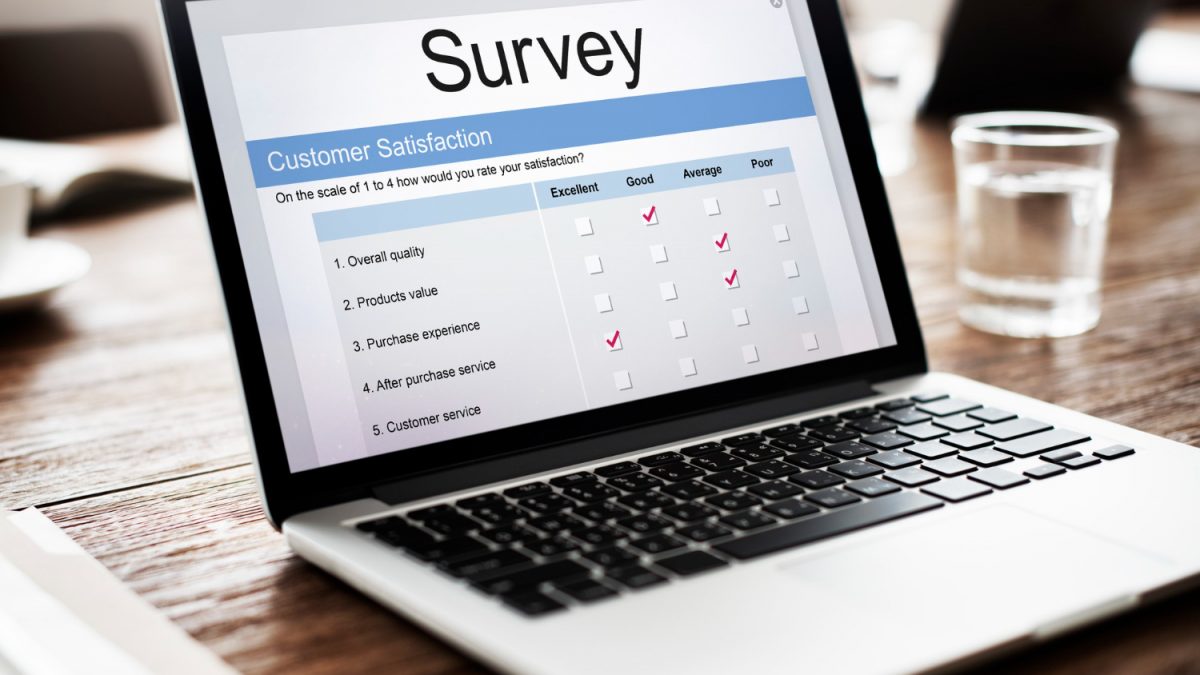
Why online survey is very important for market research?
Why online survey is very important for market research? It’s just simple, Online surveys play a pivotal role in modern market research due to their exceptional advantages. One of the primary reasons for their importance is their cost-effectiveness. Traditional methods like focus groups or in-person interviews often incur substantial expenses, making them less feasible, especially for smaller businesses. In contrast, online surveys are budget-friendly as they eliminate the need for physical materials and on-site coordination. This cost efficiency allows companies, regardless of their size, to gather valuable insights without straining their resources.
Moreover, the expansive reach of online surveys sets them apart. Geographical and demographic barriers that often limit traditional research methods are virtually nonexistent in the digital realm. Researchers can engage a diverse and widespread audience, capturing nuances in consumer behavior, preferences, and opinions across various regions and cultures. This broad perspective provides a more comprehensive understanding of the market landscape, enabling businesses to tailor their strategies more effectively.
Online surveys play a crucial role in market research for several reasons:
- Wide Reach and Accessibility: Online surveys allow researchers to reach a larger and more diverse audience compared to traditional offline methods. With internet access becoming increasingly widespread, online surveys offer the opportunity to gather insights from respondents worldwide, transcending geographical boundaries. This broad reach enables researchers to collect data from a wide range of demographics, ensuring more representative and comprehensive results.
- Cost-Effectiveness: Conducting online surveys is generally more cost-effective than offline methods. Traditional methods like in-person interviews or telephone surveys can be expensive due to travel costs, interviewer fees, and data collection logistics. In contrast, online surveys eliminate the need for physical materials, reduce travel expenses, and streamline data collection and analysis processes. This cost-effectiveness allows researchers to allocate their resources more efficiently and conduct larger-scale studies within budget constraints.
- Efficiency and Timeliness: Online surveys offer a quick and efficient data collection process. Surveys can be distributed to a large number of respondents simultaneously, eliminating the need for scheduling individual interviews or conducting group sessions. Respondents can complete surveys at their convenience, reducing time constraints and increasing participation rates. The data collected through online surveys is immediately available for analysis, allowing researchers to obtain insights in a timely manner and make informed decisions promptly.
- Flexibility in Survey Design: Online surveys provide researchers with greater flexibility in designing and administering questionnaires. With digital survey platforms, researchers can easily customize questionnaires, use skip logic to tailor questions based on responses, and include multimedia elements such as images or videos. This flexibility enhances the respondent’s experience, making surveys more engaging and improving data quality. Researchers can also iterate and make real-time adjustments to survey design if needed.
- Data Accuracy and Quality Control: Online surveys offer built-in quality control mechanisms to ensure data accuracy. Required response fields, validation checks, and logical consistency checks help minimize errors and incomplete responses. Online survey platforms can implement data validation measures, automatically flagging inconsistent or unreliable responses for further investigation. These features contribute to higher data accuracy and reliability, enhancing the overall quality of market research findings.
- Analytical Capabilities: Online survey data can be easily exported and integrated with data analysis tools. Researchers can utilize statistical software to analyze survey responses, uncover patterns, and derive meaningful insights. Online surveys provide opportunities for advanced data analysis techniques, such as cross-tabulation, regression analysis, or segmentation, allowing for in-depth exploration of research objectives.
Overall, online surveys offer market researchers an efficient, cost-effective, and versatile tool to collect data from a wide audience. By leveraging the benefits of online surveys, researchers can gain valuable insights into consumer preferences, behavior, and market trends, empowering businesses to make informed decisions, develop effective strategies, and drive success in a dynamic marketplace.


